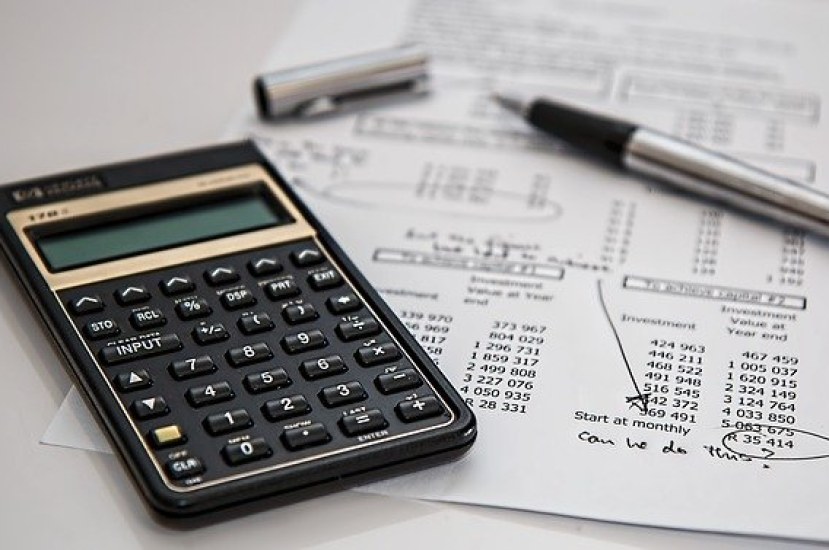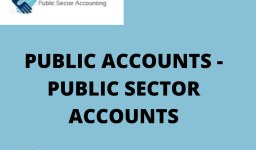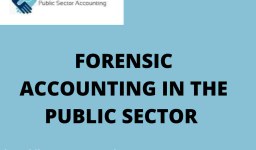Dear Reader, you are welcome to another section of the public Procurement. We hope, by now, you know public procurement, the regulatory framework and the scope of the Public Procurement Amendment Act 2016 (Act 914).
In this session, we shall continue our discussion of the relevant sections of Act 914.
The activities of the public procurement authority are under the control of the public procurement board. In this session, we shall be considering the composition of the Board and its functions, as enshrined in Act 914.
RECOMMENDED READING: MEANING AND FUNCTION OF PUBLIC PROCUREMENT
Objectives by the end of this session, you should be able to:
- a) outline the composition of the public procurement board
- b) explain the functions of the public procurement board
THE PUBLIC PROCUREMENT BOARD
The Act establishes the public procurement board with the object of harmonizing the processes of public procurement in the public service to secure a judicious, economic and efficient use of state resources in public procurement and ensure that public procurement is carried out in a fair, transparent and non-discriminatory, environmentally and socially responsible manner. The Board governs the National Procurement Authority.
The board is made up of nine (9) persons appointed by the President and comprising of the chairperson, four people from the public sector (representative of the Attorney General, and three persons including at least one woman nominated by the Minister of Finance), three people including a woman from the private sector and the Chief Executive officer of the Authority.
READ ALSO: FINANCIAL REPORTING IN THE LOCAL GOVERNMENT
Members of the Board have a tenure of 4 years which is renewable for a term only. But board members have the liberty to resign through writing to the President or they can be removed from office for a justifiable reason.
Meetings of the Board are to be held at least once in every quarter but the chairperson can call for meetings at places and times that there is the legitimate business of the Authority to be dealt with.
All decisions at any of the Board’s meetings are valid provided there are at least five (5) board members (including the Chief Executive) present, irrespective of whether there is a vacancy in the board or the appointment of a board member(s) is defective.
Parliament shall provide funding for the Public Procurement Authority’s expenses in addition to other funds raised through administrative fines and fees, donations, grants and gifts and any other amounts of money provided by the Minister. Also, the Authority, through
the Minister of Finance, may retain part of its internally generated funds (IGF) for specific purposes. In all these, it is mandatory that proper records and accounts are prepared annually (based on the government’s accounting period) for audit by the auditor general or his/her representative.
The Board shall within three months after the end of each year, submit to the Minister a written report indicating the activities and operations of the Board in respect of the preceding year.
The annual report shall include a copy of the audited accounts together with the Auditor-General’s report and the Minister shall as soon as practicable after receipt of the annual report submit the report to Parliament with such comment as the Minister considers necessary.
The part of the annual report concerning a Metropolitan, Municipal or a District Assembly and the relevant part of the audited accounts, together with relevant parts of the Auditor-General’s Report affecting specific Metropolitan, Municipal or District Assemblies shall be submitted to that Metropolitan, Municipal or District Assembly for debate.
FUNCTIONS OF THE PUBLIC PROCUREMENT BOARD
In furtherance of its object the Board shall perform the following functions:
- a) make proposals for the formulation of policies on procurement;
- b) ensure policy implementation and human resource development for public procurement;
- c) develop rules, instructions, other regulatory documentation on public procurement and formats for public procurement documentation;
- d) monitor and supervise public procurement and ensure compliance with statutory requirements;
- e) have the right to obtain information concerning public procurement from contracting authorities;
- f) establish and implement an information system relating to public procurement;
- g) publish by the end of each month a Public Procurement Bulletin which shall contain information germane to public procurement, including proposed procurement notices, notices of invitation to tender and contract award information;
- h) assess the operations of the public procurement processes and submit proposals to the Board for improvement of the processes;
- i) present annual reports to the Minister on the public procurement processes;
- j) facilitate the training of public officials involved in public procurement at various levels;
- k) develop, promote and support training and professional development of persons engaged in public procurement, and ensure adherence by the trained persons to ethical standards;
- i) advise Government including Metropolitan, Municipal and District Assemblies on issues relating to public procurement;
- m) organize and participate in the complaints and administrative review procedures in Part VII of this Act;
- n) plan and co-ordinate technical assistance in the field of public procurement;
- o) maintain a register of procurement entities and members of and secretaries to tender committees of public procurement entities;
- p) maintains a database of suppliers, contractors and consultants and a record of prices to assist in the work of procurement entities;
- q) investigate and debar from procurement practice under this Act, suppliers, contractors and consultants who have seriously neglected their obligations under a public procurement contract, have provided false information about their qualifications, or offered inducements of the kind referred to in section 32 of this Act;
- r) maintain a list of firms that have been debarred from participating in public procurement and communicate the list to procurement entities on a regular basis;
- s) hold an annual forum for consultations on public procurement and other related issues;
- t) assist the local business community to become competitive and efficient suppliers to the public sector; and
- u) perform such other functions as are incidental to the attainment of the objects of this Act.
CONCLUSION
In this session, we have learnt about the composition and functions of the public procurement Authority.
The Board performs the above functions in order to achieve the objects of the Authority.
Note that the authority is at liberty to perform any other function necessary for the achievement of the objectives of the authority.





Leave a comment